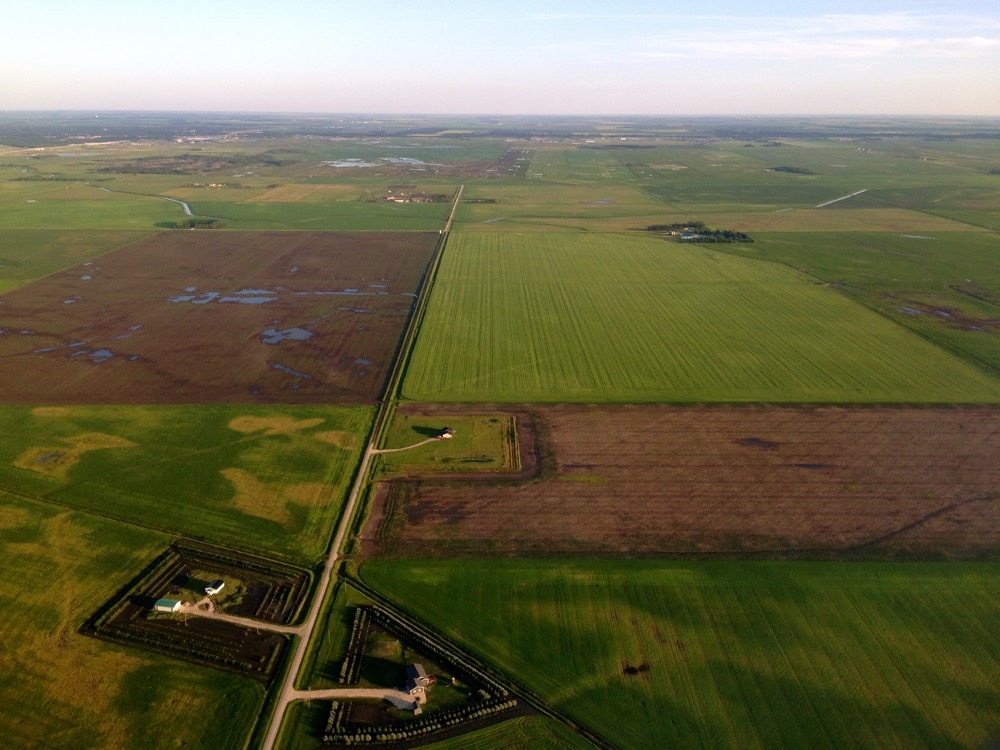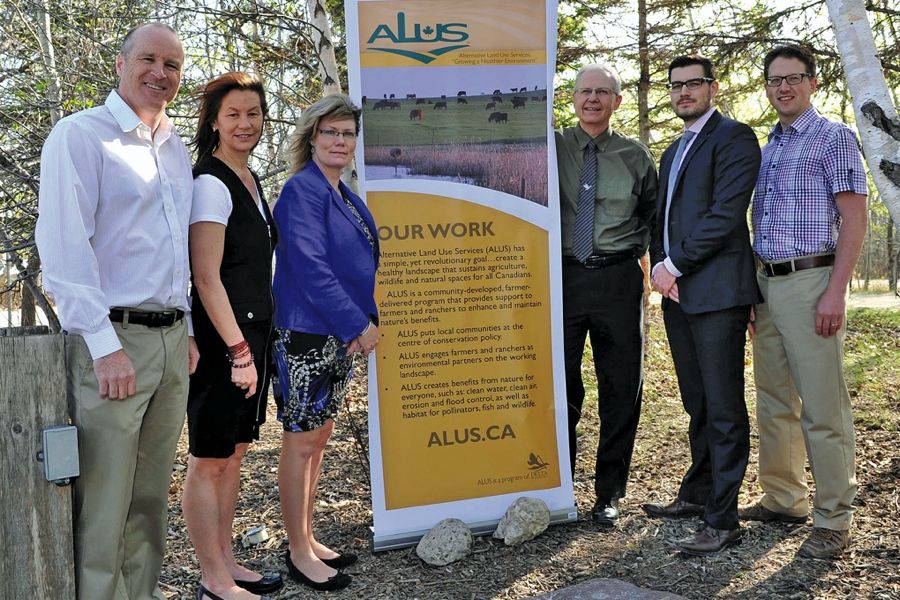ALUS doesn’t live here anymore, but the Manitoba-born conservation program might again thanks to grants from the W. Garfield Weston Foundation.
“We’re looking at delivering ALUS (Alternate Land Use Services) to eight new communities, four of which will be in Ontario and four in the West,” said Jim Fisher, Delta Waterfowl Foundation’s director of conservation policy. “It’s quite possible that we would do one of those in Manitoba.
“We’ve talked to a number of communities in Manitoba over time and we will continue to do that.”
Read Also

Mazergroup’s Bob Mazer dies
Mazergroup’s Bob Mazer, who helped grow his family’s company into a string of farm equipment dealerships and the main dealer for New Holland machinery in Saskatchewan and Manitoba, died July 6 from cancer.
The Weston foundation recently gave Delta Waterfowl two grants totalling $3 million to help expand ALUS (pronounced Alice), a farmer-designed, community-led program that pays farmers for providing ecological benefits, such as protecting riparian areas or ecologically sensitive land. Portage la Prairie farmer Ian Wishart came up with the idea in 1999 and the Keystone Agricultural Producers and Delta Waterfowl have championed it ever since.
The first ALUS pilot project ran in Manitoba’s RM of Blanchard for three years starting in 2006. The pilot cost $2.1 million, with government funding supplemented by the RM of Blanshard, Delta Waterfowl, and the Manitoba Rural Adaptation Council.
The project ended when the funds did, but it fulfilled one of its goals — sparking interest. There are now projects in Prince Edward Island, Norfolk County in southern Ontario, and Vermillion River County in east-central Alberta, Fisher said.
In P.E.I., ALUS is funded largely by government but elsewhere it relies on community support, with Delta Waterfowl working with a “partnership advisory committee” made up of local farmers, municipal councillors, and conservation and agriculture groups.
“They’re heavily engaged,” Fisher said. “We want those communities to run ALUS.
“We don’t want to be running ALUS across the country. We like to see ALUS run at the local level.”
The committee sets the prices farmers will receive for the ecological services provided — usually tied to land rentals — and decides which farms get funded. Delta Waterfowl, via the Weston foundation, supplies seed money, which is used to leverage additional funding, said Fisher, noting the Norfolk project is supported by 16 organizations. Farmers also contribute to projects on their own property.
“They’ve got skin in the game too,” Fisher said. “That tells you a lot. They want to pass their farms on to their kids and grandkids in better shape than they found it.”
Two of the four new western Canadian ALUS locations have been selected. One will include four rural municipalities east of Regina — Indian Head, Lajord, South Qu’Appelle and Francis. The other is Parkland County east of Edmonton.
There’s still lots of support for ALUS in the RM of Blanchard, Fisher said.
“The passion for it is there,” he said. “People in the community really want to get it going again. There are a lot of champions for it there.
“We learned a great deal from that. We’ve advanced ALUS on many fronts. Now we’re at the stage of demonstrating it.”
As with anything, the proof of the pudding is in the eating. When other communities, farmers and potential funders see ALUS working, the program gains supporters, Fisher said.
“This is a grassroots, community-led, farmers-delivered process,” he said. “At the end of the day we’d like this for all agricultural Canada and available to all producers in each province.”



















